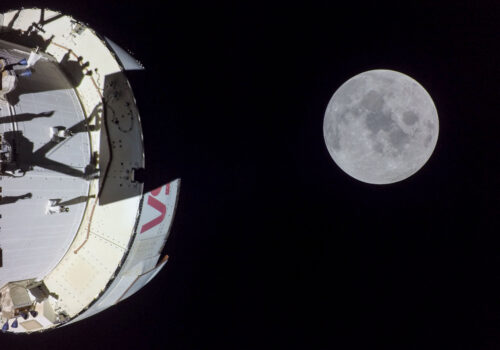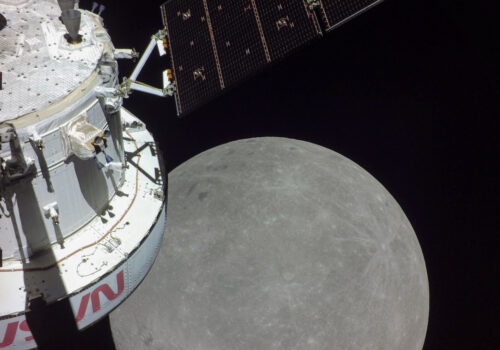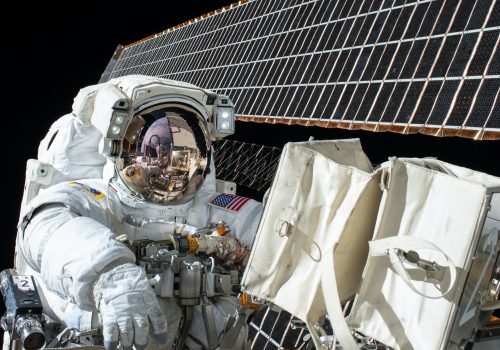About the Program
Space as the former “last frontier of mankind” is increasingly becoming a playing field for international competition. In a domain that has long been the source of national public pride for the world’s foremost technological superpowers, collaborative efforts through means such as the international space station and various satellite infrastructures has waned in recent years. At the same time, the rapid, ongoing growth of satellite technology and other space-based assets is largely enabled by the emergence of lower-cost commercial launch capabilities and is expanding both public and private sector stakeholders’ access to space. The rapidly-growing civil and commercial space ecosystem has global implications for scientific exploration, understanding and mitigating the effects of climate change, disaster response, agriculture advances, broadband accessibility, and more – the full potential, of which, remains largely untapped. Still, regions of the world that stand to benefit the most from access to this critical satellite technology also tend to lack the capacity and infrastructure to analyze and apply it; equitable outer space is still a work in progress.
A drastic global shift towards small satellite constellations combined with growing plans for the civil and commercial use of cislunar space and beyond, including through the Artemis Accords, continues to increase the necessity for cooperation in all aspects of space technology and data systems, both between international actors as well as private companies and state actors. Infrastructural overlap of countries’ space capabilities is leading the global space community to call for a set of cislunar “rules of the road” in hopes of extending functional viability of the thousands of satellites currently orbiting the Earth, as well as the tens of thousands set to be in orbit in just a few years. Fully leveraging space’s potential–-in both the technical and political sense-–-will first and foremost require responsible stewardship of the orbital domain by commercial and government entities alike. Taking steps to acknowledge and mitigate the increased risks faced by modern satellite technology investors around the world will promote longevity of in-orbit vehicles and establish an accountability-centered and collaborative international atmosphere more centrally focused on benefiting all of mankind.







